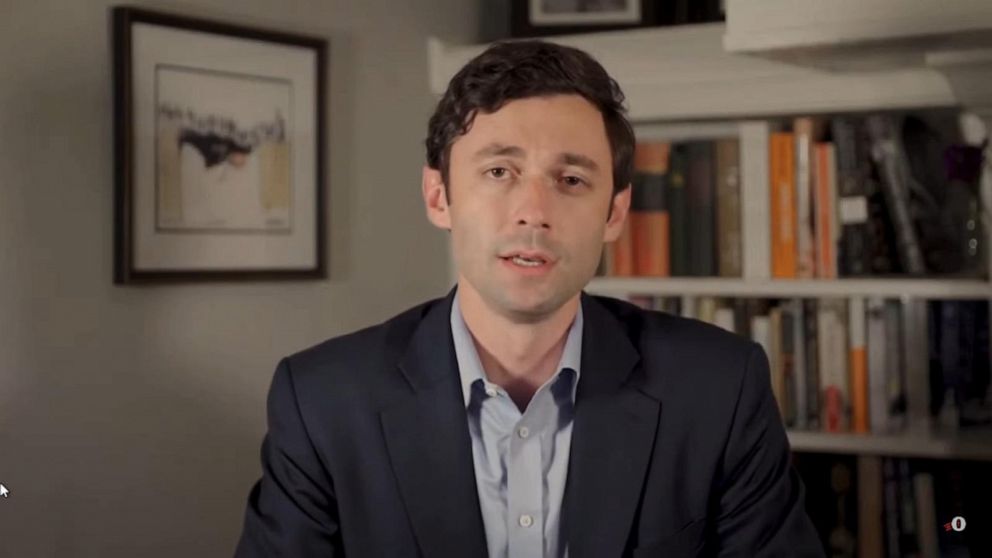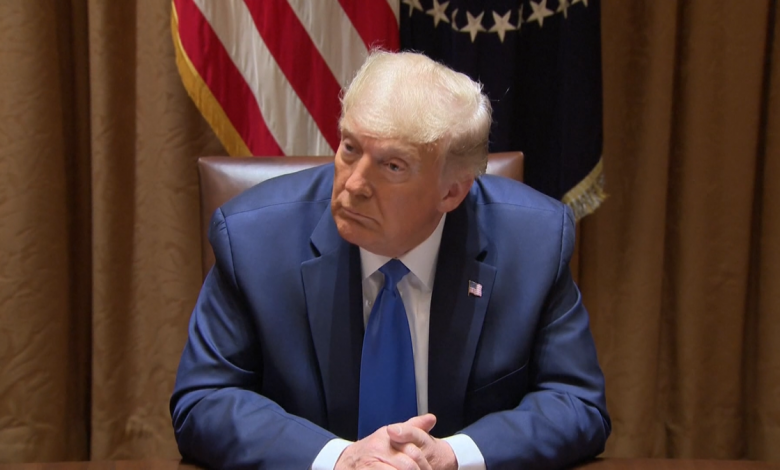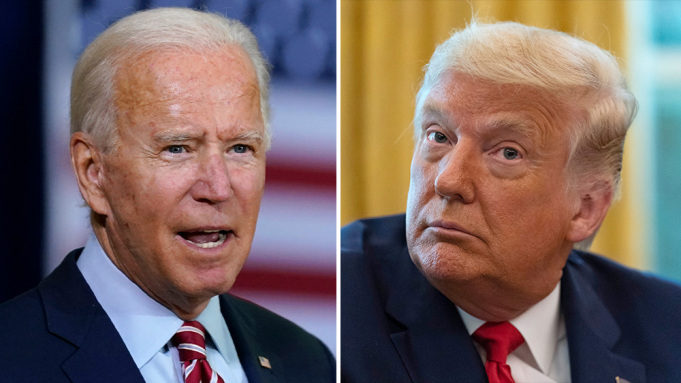Eight people, six of whom were Asian women, were killed in shootings at three different spas in the US state of Georgia Tuesday, with a 21-year-old man in custody on suspicion of staging all three attacks, police said.
The shootings came with many Asian-Americans already on edge following a recent spike in hate crimes against the community, and triggered immediate fears that Asian-run businesses may have been deliberately targeted.
Four of the victims were killed at Young’s Asian Massage near Acworth, a suburb of Georgia’s capital city Atlanta, the Atlanta Journal-Constitution reported.
Captain Jay Baker of the Cherokee County sheriff’s office told the paper the victims were two Asian women, a white woman, and a white man, while a Hispanic man was wounded.
The Atlanta police department separately confirmed that four women were found dead at two business establishments in northeast Atlanta, identified as the Gold Massage Spa and Aroma Therapy spa.
Police told the Atlanta Journal-Constitution that all four Atlanta victims were Asian women.
South Korea’s Yonhap News Agency reported the country’s foreign ministry had confirmed that four of the victims were of Korean descent.
Authorities have identified Robert Aaron Long as a suspect in all three shootings.
Based on the pattern of surveillance video from the shooting scenes, Atlanta police spokesman Sergeant John Chafee told AFP: “It is extremely likely our suspect is the same as Cherokee County’s, who is in custody.”
“We are working closely with them to confirm with certainty our cases are related,” he added.
Long was taken into custody after a “brief pursuit” about 150 miles (240 kilometers) from Atlanta, according to a statement by the Georgia Department of Safety on Facebook.
Describing the scene in northeast Atlanta, the city police department said: “Upon arrival, officers located three females deceased inside the location from apparent gunshot wounds.”
While on the scene, officers were advised of shots fired across the street, where they found a fourth female victim.
Adriana Mejia, niece of one of the victims, said the family was “devastated” after her uncle was shot and that they were praying for his recovery.
“We never know when we’re at the wrong place at the wrong time because this was so all of a sudden,” she said.
The Federal Bureau of Investigation was assisting in the investigation, a spokesman told AFP.
– ‘Marginalized minorities’ -The shootings come as reports of attacks against Asian-Americans, primarily elders, have spiked in recent months — fueled during the Covid-19 pandemic, activists believe, by talk of the “Chinese virus” by former president Donald Trump and others.
News of the shootings came just hours after the release of a report by the advocacy group Stop AAPI Hate suggested a marked increase in hate crimes against Asia-Americans — with women disproportionately affected.
In a tally of incidents reported to the group between March 2020 and February this year, almost 70 percent of Asian-American survey respondents said they had faced verbal harassment and just over one in 10 said they had experienced physical assault.
While racial motivation can be hard to establish, a study by the Center for the Study of Hate and Extremism at CSU San Bernardino also found that reported anti-Asian hate crimes nearly tripled across 16 major US cities including New York and Los Angeles — even as overall hate crime fell seven percent.
Georgia is home to nearly 500,000 Asian residents, or just over four percent of its population, according to the Asian American Advocacy Fund.
The Democratic party in Georgia called Tuesday’s shooting spree “horrifying.”
“As details continue to emerge, this attack sadly follows the unacceptable pattern of violence against Asian Americans that has skyrocketed throughout this pandemic,” said Congresswoman Nikema Williams, who is also the state party’s chairwoman.
In an address to the nation last Thursday, President Joe Biden forcefully condemned what he called “vicious hate crimes against Asian-Americans who have been attacked, harassed, blamed and scapegoated.”
“It’s wrong. It’s un-American. And it must stop,” he said.





